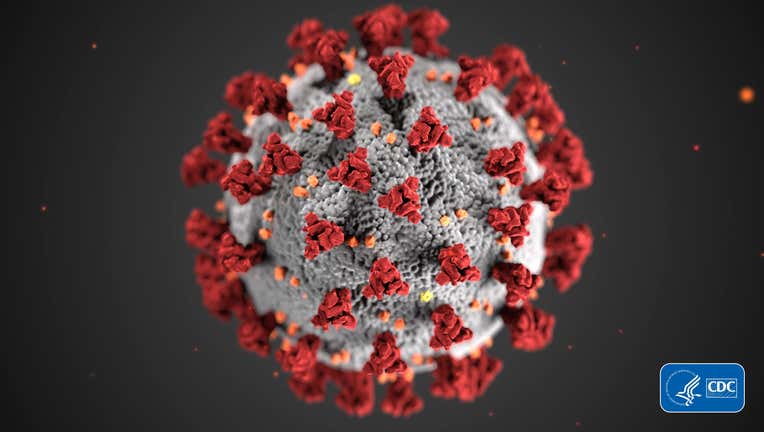Study: Nasal vaccine may help protect against COVID variants

An illustration of what a coronavirus looks like. (CDC illustration) (Photo Courtesy: Centers for Disease Control and Prevention)
FOX NEWS - Omicron and delta variants of COVID-19 have researchers investigating the effectiveness of existing vaccinations and boosters against emerging new strains of SARS-CoV-2. One protection against the quickly mutating novel coronavirus may potentially be through nasal vaccines, according to researchers of a new study published in Science Immunology.
"A new response to the rapidly mutating virus might be found right at the door to our lungs", Yale University’s Akiko Iwasaki, a Waldemar Von Zedtwitz Professor of Immunobiology and senior author of the study, said in news release.
The Researchers out of Yale University worked with the Icahn School of Medicine at Mount Sinai in New York and found intranasal vaccination may provide broad –based protection against heterologous respiratory viruses in mice, according to a news release.
The study authors explained in a release that mucous membranes have their own line of defense that can fight air- or foodborne pathogens. The mucous tissue produces cells that secrete immunoglobin A (IgA), an antibody that fights off disease. These antibodies work locally on the mucosal linings in the nose, lungs, and stomach in ways that differ from vaccines, which evoke a system-wide immune response, the researchers said in the release.
The group of researchers noted that studies have well established the protective role of IgA-producing cells in fighting intestinal pathogens. The researchers decided to investigate if triggering an IgA response could also produce a localized immune response against respiratory viruses.
"The best immune defense happens at the gate, guarding against viruses trying to enter," Iwasaki said in the release.
The team of investigators tested a protein–based vaccine administered to mice intranasal and through injections much like typical systemic immunizations. The vaccine was designed to elicit an IgA immune response, according to the published report. The team then exposed mice to various strains of influenza viruses, the study said.
The investigators found that the group of mice that received the nasal vaccine were better protected against respiratory influenza than the group that received injections, according to the report.
The authors of the study also found nasal vaccines induced antibodies that protected the mice against different strains of the flu, not just against the strain the vaccine was designed to protect against. The researchers said this did not occur in the group of mice who received the injection.
"While both vaccine injections and nasal vaccines increased levels of antibodies in the blood of mice, only the nasal vaccine enabled IgA secretion into the lungs, where respiratory viruses need to lodge to infect the host", Iwasaki said in the release.
The Yale team is currently testing nasal vaccine strains against COVID strains in animal models.
If the intranasal vaccines are proven safe and effective in humans, Iwasaki said in the release that the team envisions the nasal vaccines being used in conjunction with current vaccines and boosters to provide reinforcements at the source of infection.

